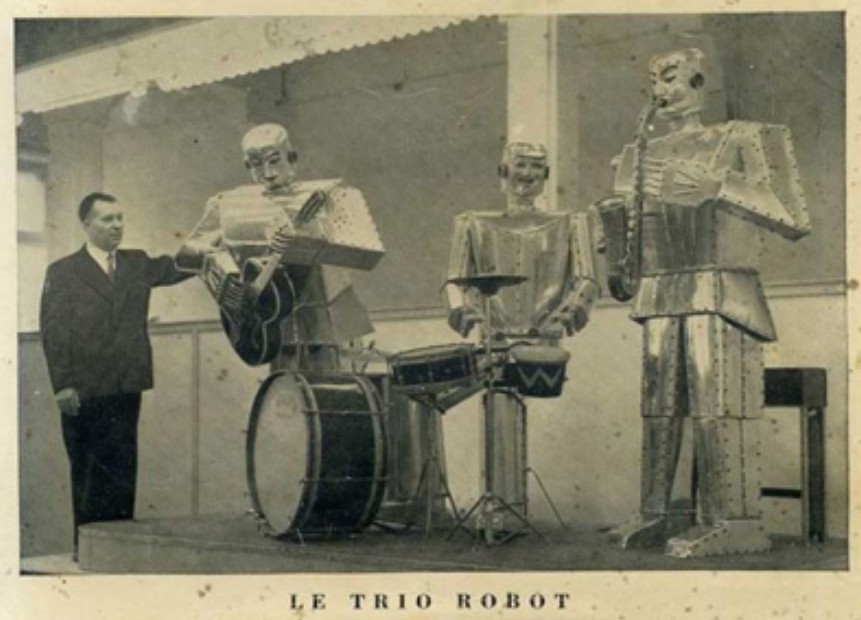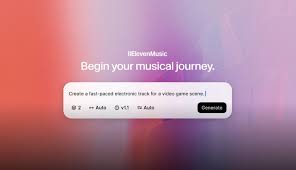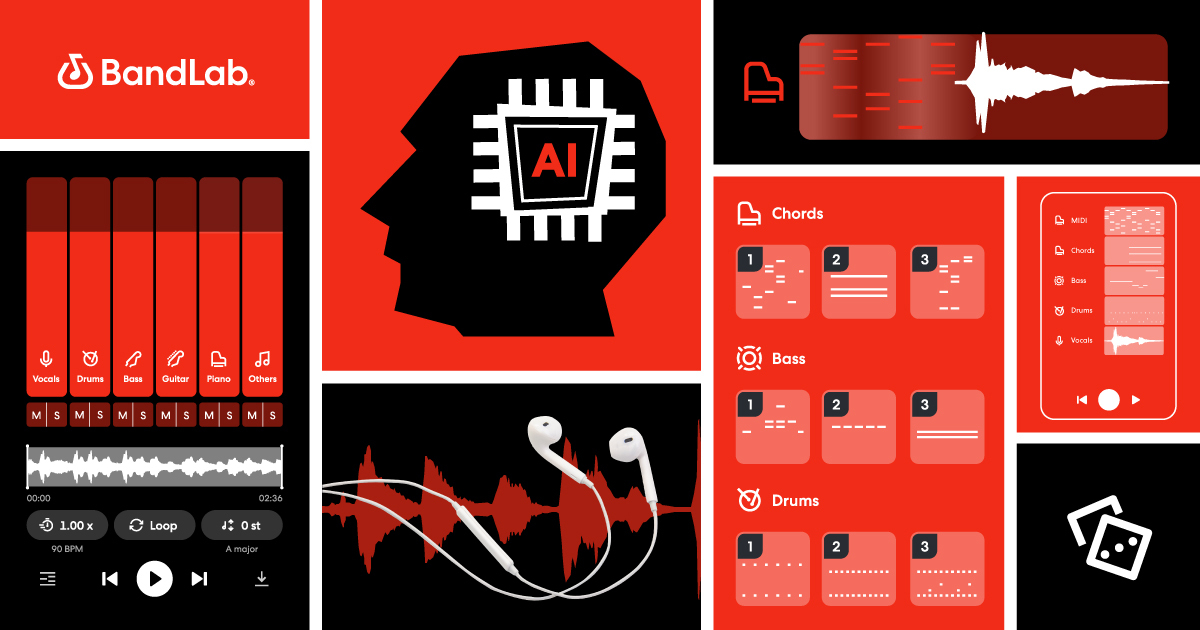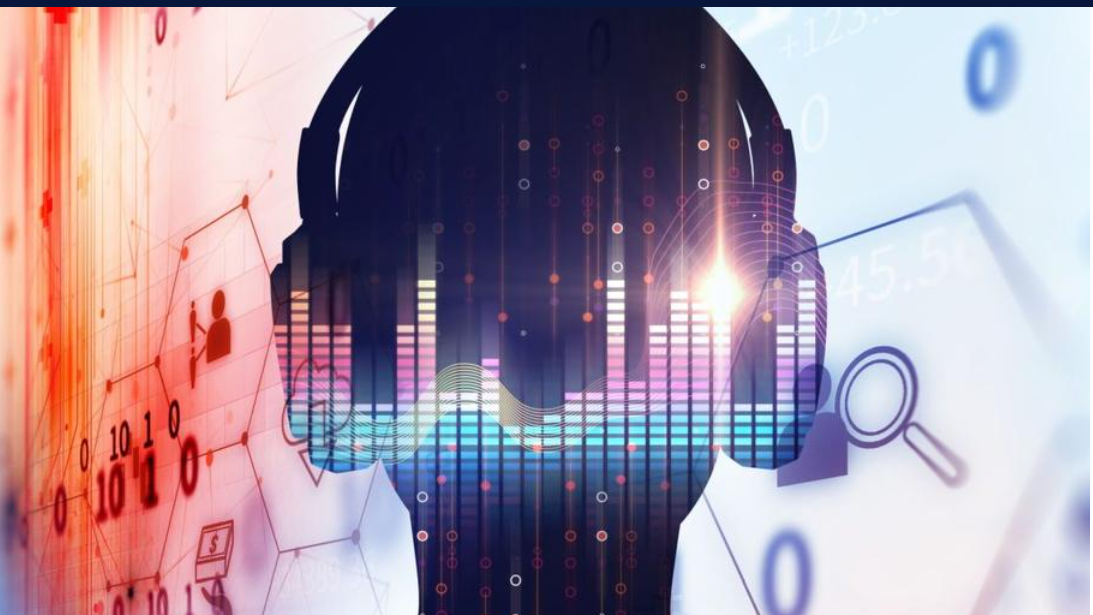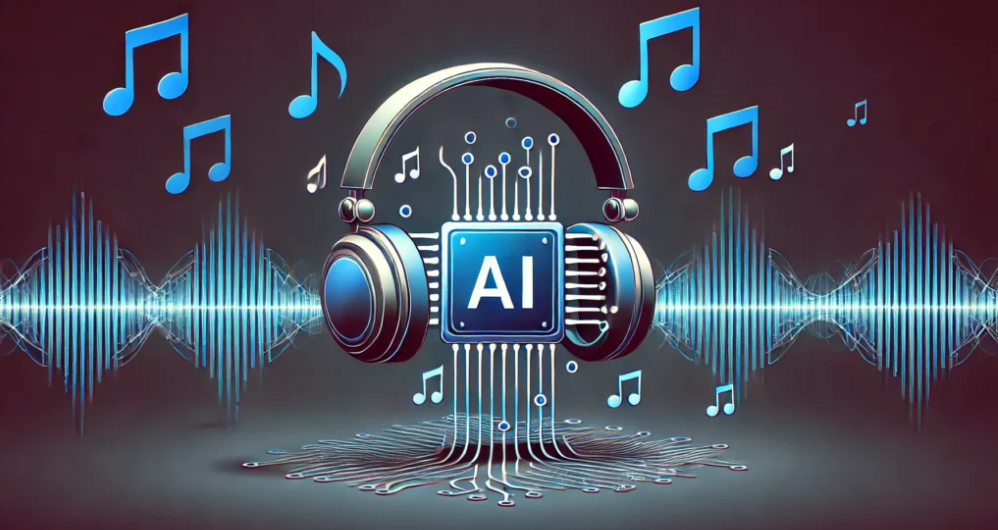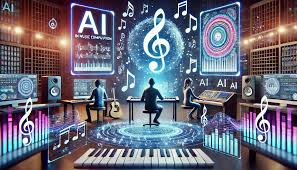Creating accurate sheet music used to require either years of training or expensive software. Now, with the rise of artificial intelligence, musicians can convert audio, MIDI, or even a simple voice recording into readable, editable sheet music in minutes. But the real challenge is: which tools are actually reliable?
That’s where AI sheet music generators come in. These tools use machine learning to detect pitch, rhythm, instrument types, and musical phrasing—automatically transcribing them into professional notation. Whether you're a classical pianist, a songwriter, or a guitar teacher, the best AI sheet music generators can help you save hours of manual work and improve your workflow.
In this guide, we break down the top tools available in 2025, focusing on accuracy, features, pricing, and usability, so you can choose the one that fits your needs.
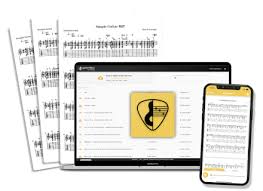
Klangio: Best for Multi-Instrument Transcription
Klangio stands out for its focus on specific audio inputs—piano, voice, guitar—and its robust sheet music outputs. The tool includes sub-products like Piano2Notes, Guitar2Tabs, and Sing2Notes, each designed to deliver high-accuracy transcriptions based on the instrument type.
Key Features:
Audio-to-sheet music transcription in under 30 seconds
Support for PDF, MIDI, and MusicXML exports
Clean notation layout suitable for education and performance
Pricing: Free for 1 file/month; Premium starts at $9.99/month
Strengths: GDPR-compliant, browser-based, good for teachers
Limitations: Limited editing functions without exporting to external software
If you need quick, clean sheet music from a specific instrument recording, Klangio is one of the most dependable AI tools out there.
AnthemScore: Best for Polyphonic Audio Analysis
AnthemScore uses deep learning models trained to recognize multiple overlapping instruments and polyphonic textures—something many AI tools still struggle with. It's a downloadable software (Windows, macOS, Linux) that converts audio files into sheet music with a high degree of accuracy, especially in classical and instrumental music.
Key Features:
Supports WAV, MP3, FLAC input
Real-time waveform vs. note view
Full control over tempo, key, and note selection
Pricing: Starts at $129 one-time license
Strengths: Works offline, extremely detailed
Limitations: No cloud backup; not beginner-friendly
If you're transcribing orchestral or complex multi-instrument audio, AnthemScore is one of the most technically advanced AI sheet music generators.
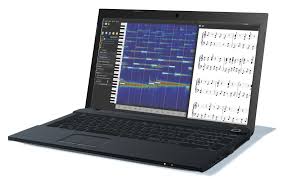
ScoreCloud: Best for Real-Time Notation from MIDI or Live Play
Often called "Google Translate for music," ScoreCloud turns live keyboard or MIDI input into formatted notation. It shines in environments where music is being composed or performed in real-time—ideal for composers, arrangers, and educators.
Key Features:
Instant sheet music generation from MIDI/keyboard input
Cloud-based library and syncing
Auto chord detection and harmonic analysis
Pricing: Basic free plan; Plus starts at $4.99/month
Strengths: Real-time feedback, collaborative tools
Limitations: Less accurate with audio files (better for MIDI/live input)
If your workflow involves composing as you play, ScoreCloud offers one of the most fluid AI sheet music transcription experiences.
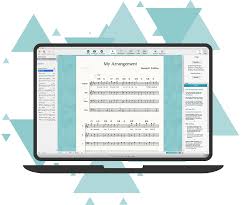
Melody Scanner: Best for Mobile Users and Quick Edits
Melody Scanner has grown in popularity due to its iOS and Android apps, allowing users to record melodies or import audio directly from their phones. It supports multiple instruments and exports to sheet music or tabs, making it a favorite among gigging musicians and educators.
Key Features:
Voice, piano, and guitar transcription
Edit sheet music directly in-app
Sync between mobile and web app
Pricing: Free version available; Premium starts at $6.99/month
Strengths: Cross-device functionality, great UI
Limitations: Cloud-dependent, limited editing for complex scores
This is one of the best AI sheet music generators for users who want transcription on-the-go.
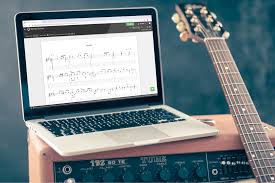
Flat.io + Soundslice Integration: Best for Learning and Interactive Sheets
Flat.io isn’t an AI transcription tool by itself, but when paired with transcription engines like Soundslice or Melody Scanner, it becomes an excellent platform for editing, sharing, and interacting with sheet music online. It’s used in thousands of schools and education platforms.
Key Features:
Cloud-based score editor with real-time collaboration
MIDI/audio syncing for playback
Google Classroom and LMS integration
Pricing: Free for basic users; Flat Power starts at $6/month
Strengths: Ideal for education, annotation, and multi-user collaboration
Limitations: Needs third-party transcription engine
If you’re teaching or learning music, Flat.io with AI transcription tools offers both flexibility and functionality.
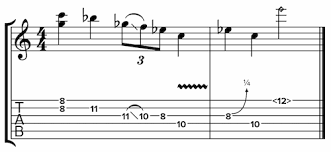
Comparison Table: Best AI Sheet Music Generators in 2025
| Tool | Input Type | Exports | Offline Support | Best Use Case | Starting Price |
|---|---|---|---|---|---|
| Klangio | Audio (Mono) | PDF, MIDI, XML | ? | Piano/Voice/Guitar sheets | $0 |
| AnthemScore | Audio (Polyphonic) | PDF, XML | ? | Classical/Complex music | $129 one-time |
| ScoreCloud | MIDI/Keyboard | PDF, XML | ? | Real-time composing | $4.99/month |
| Melody Scanner | Audio, Voice | PDF, Tab, MIDI | ? | Mobile transcription | $6.99/month |
| Flat.io + AI | MIDI, XML | Web/Export PDF | ? | Education/Editing | $0–$6/month |
Conclusion: Which AI Sheet Music Generator Should You Choose?
The best AI sheet music generator depends on how you make music:
For casual users: Klangio is perfect for clean transcriptions from single instruments.
For professionals: AnthemScore delivers unmatched detail for polyphonic and orchestral work.
For composers: ScoreCloud is ideal for real-time notation.
For mobile-first users: Melody Scanner gets the job done from your pocket.
For educators: Flat.io’s integration potential makes it the most classroom-friendly.
Each of these tools brings unique advantages to the table. The key is to find one that complements your music workflow while respecting your time and creative ownership.
Frequently Asked Questions: Best AI Sheet Music Generators
Q1: Can AI generate accurate sheet music?
Yes, many AI tools are surprisingly accurate, especially with clean input audio and simple arrangements. Tools like Klangio and AnthemScore are especially precise with instrumental tracks.
Q2: Are AI sheet music tools suitable for classical music?
Some, like AnthemScore, handle classical and complex polyphony better than others. Most tools perform best with solo instruments or clearly separated voices.
Q3: Can I edit the sheet music after AI generates it?
Yes. Most platforms allow export to MusicXML or MIDI, which can be edited in tools like MuseScore, Sibelius, or Finale.
Q4: Do I own the music after AI generates the sheet?
You retain ownership of your music and its transcription unless you explicitly agree to share rights with the platform (always read the terms).
Learn more about AI MUSIC TOOLS

